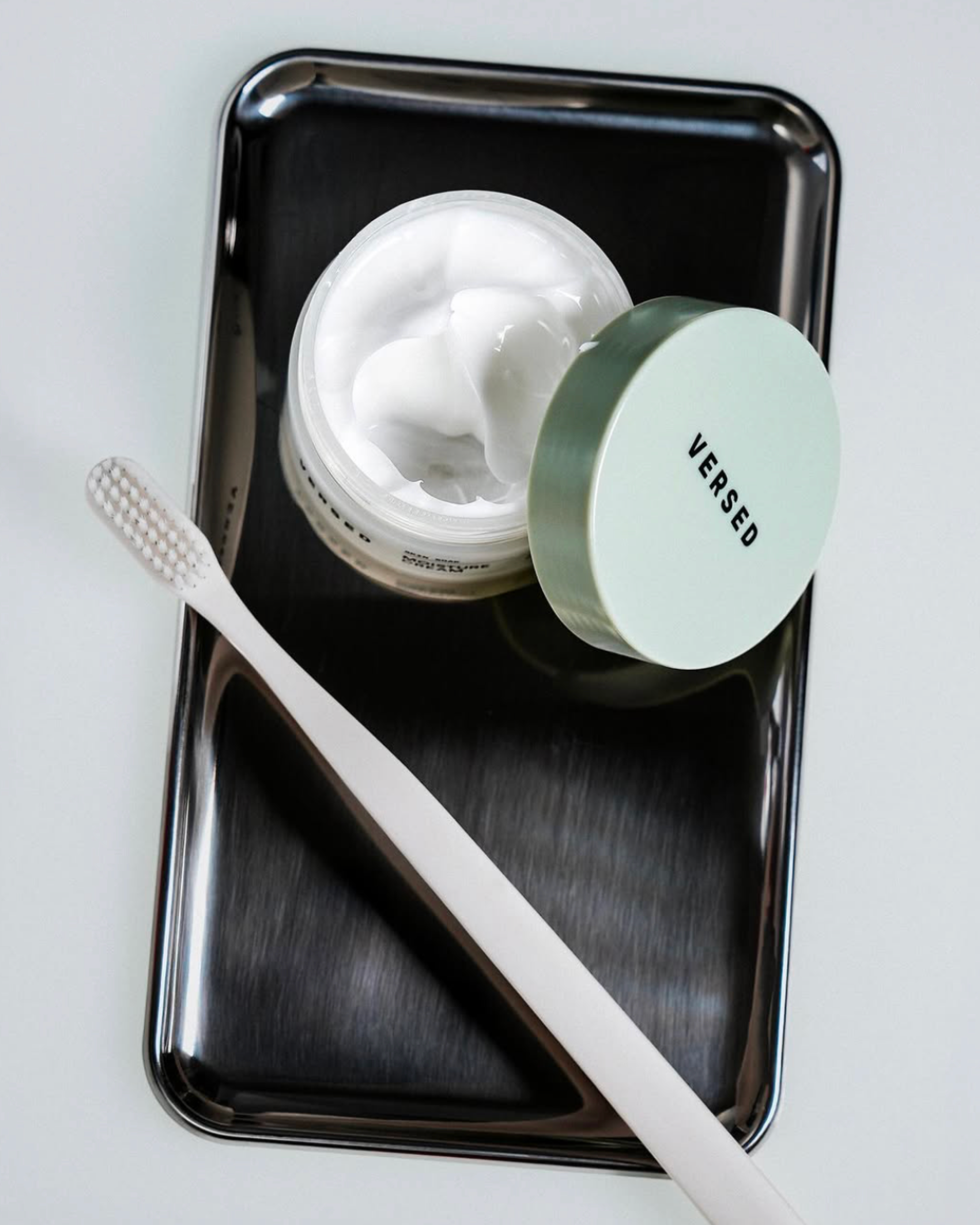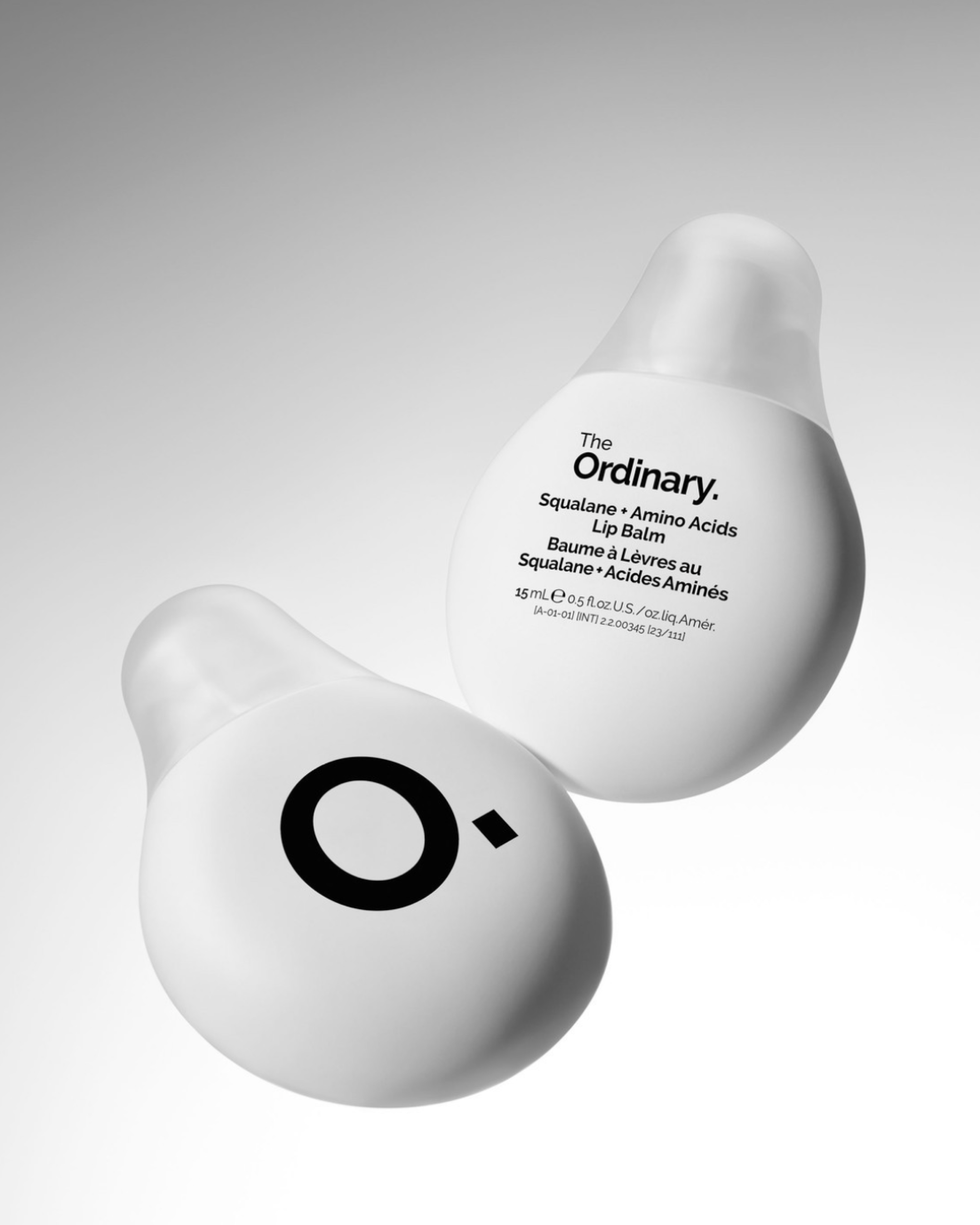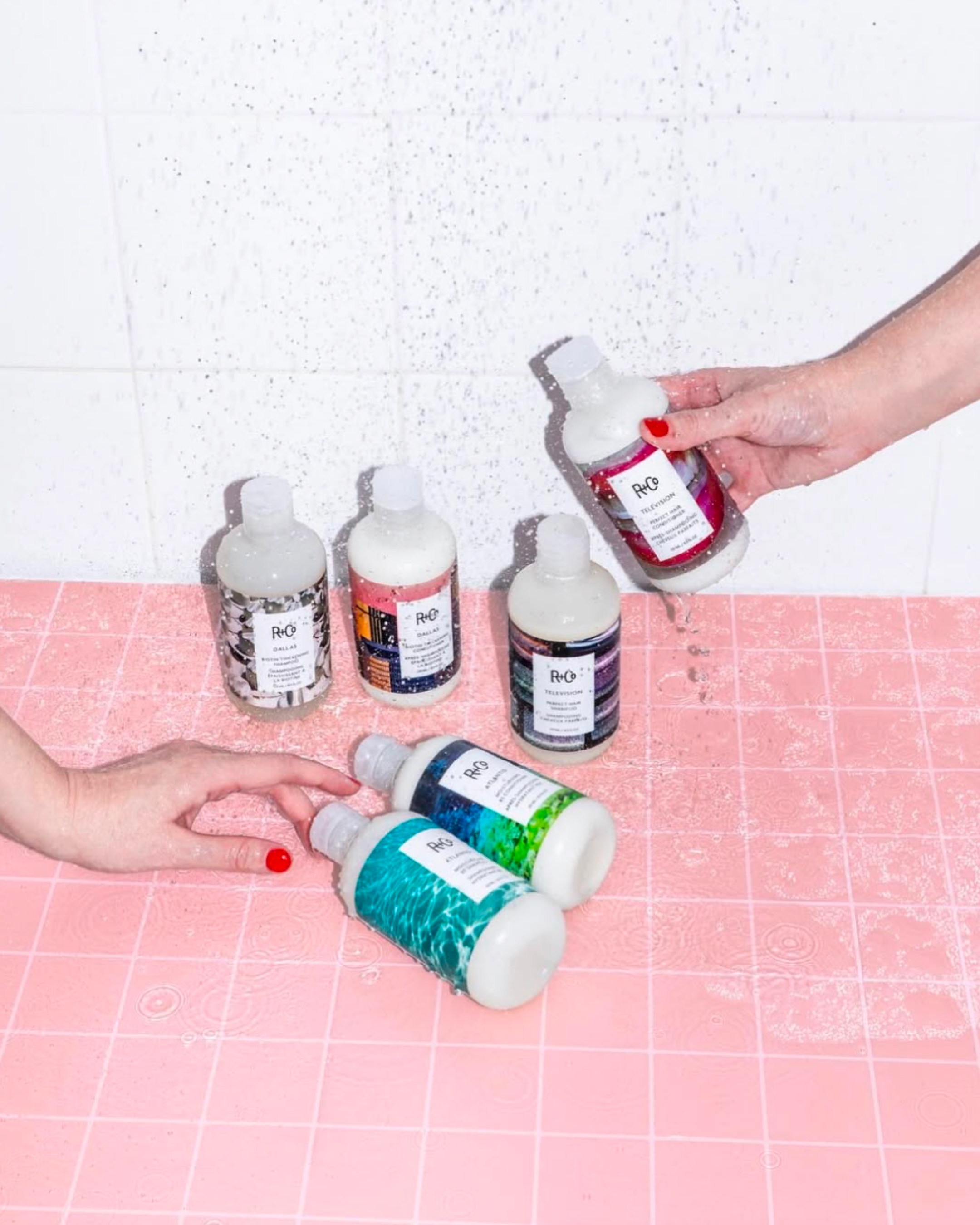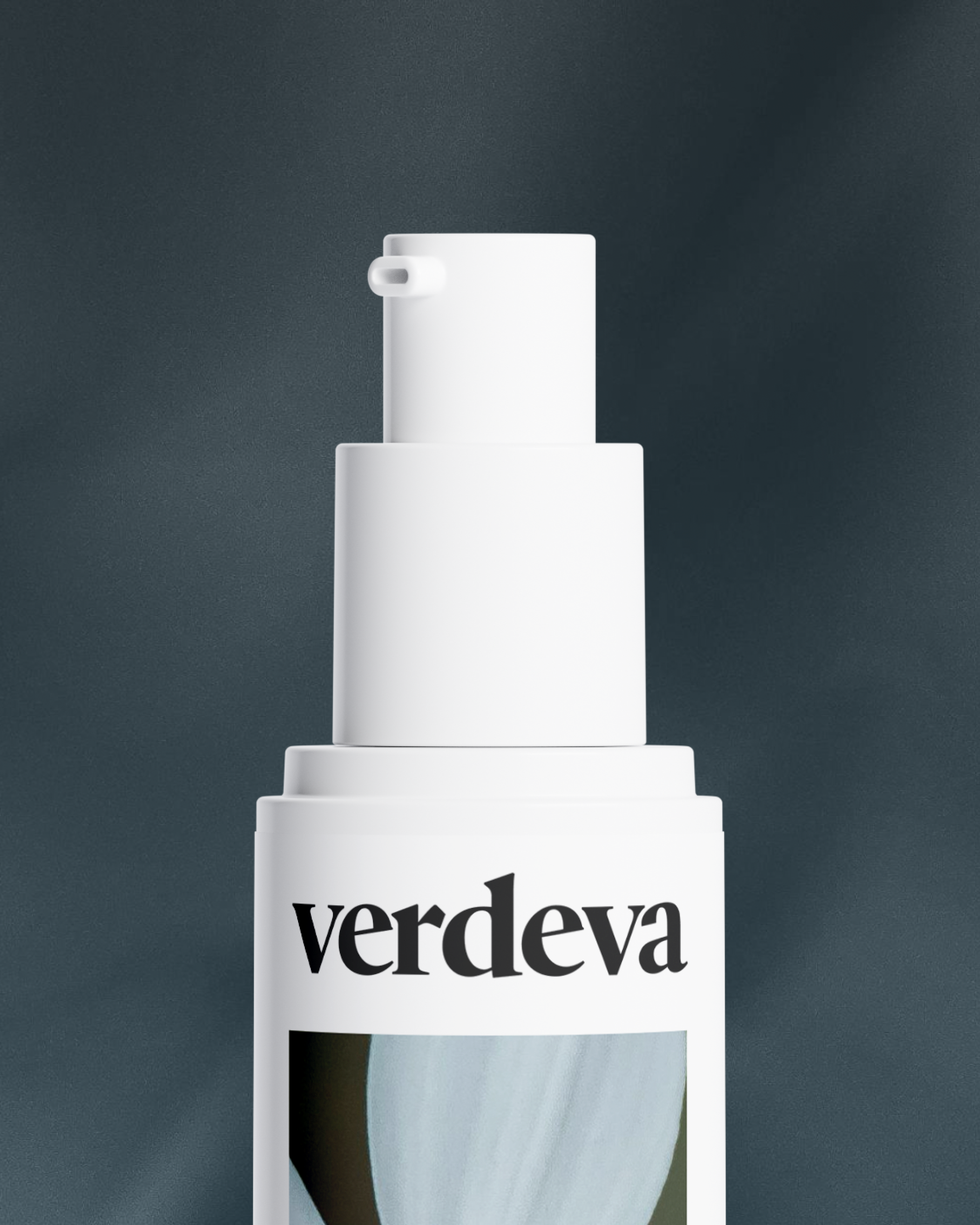Gen Z Beauty Trends Shaping the Future of Skincare
No other generation has had such an impact on the beauty industry as Gen Z. They’re redefining beauty standards in front of our eyes and setting trends from products to packaging and brand communication standards.
Today, I’ll be your Gen Z guide through understanding our generation a little better and what values shape our attitudes toward beauty and brands in the industry.
We’ll also explore Gen Z beauty trends that will help you not fall behind your competition and gather the likes of this groundbreaking demographic without getting, God forbid, cancelled. Jokes aside, let’s dive straight in!
Table of Contents
Key Takeaways
Gen Z will be the largest generation ever, allowing you to capture the likes of a broad and diverse audience.
Some of the main Gen Z beauty trends right now are sustainability in products and packaging, skinimalism in their routines, diversity in shades and models, buying more private label products, and keeping up a healthy suncare regimen.
Brands that notice Gen Z values and integrate them into the business are the ones ending up winning their dollars.
Why Gen Z Matters in the Beauty Industry
Generation Z (also known as Zoomers) is a cohort that includes people born from the late 1990s to the early 2010s. It depends on the source you look at, but generally, it’s assumed that Gen Zers were born between 1997 and 2012.
We might still see Gen Z as young, wild & free, but in reality, the eldest of the group are nearing their 30s and the youngest are in their teens, which means that most of Zoomers have already launched their careers and are making money, for which businesses like yours have to compete.
Did you know that Gen Z will be the largest generation ever to exist and most likely the only one that will reach 2 billion people? They’re also wealthier than Millennials and Boomers were at the same age. The sheer volume of Gen Z and their growing purchasing power make it a demographic to be seriously reckoned with.
And the best part for your brand? Specifically in social media, health and beauty is the category that dominates Gen Z feeds, with most TikTok shop sales coming from this category alone. This shows a shift from previous generations, as for Zoomers, social media isn’t just a source of inspiration, it’s now the driver for their purchasing decisions. After all, they’re the first generation that grew up with the internet at their fingertips.
Core Gen Z Beauty Trends
Sustainability
Gen Z’s identity is strongly tied to the realities of climate change, making them seek out environmentally friendly options for their everyday products, including skincare. That’s why Zoomers gravitate toward companies that have transparent and honest sustainability practices in place.
Here’s an interesting paradox about Gen Z’s stance on sustainability: although they demand and expect eco-friendly policies from brands, their own action doesn’t always follow the same principle, as they feel most of the responsibility falls on companies and the government, rather than individuals. And there are understandable reasons for it, which are affordability and convenience, as sustainable products tend to be priced at a higher point than their non-sustainable counterparts.
What we can learn from this attitude and behaviour gap is that, as a brand, you should firstly be clear about your sustainability practices and educate your customers on how your products are made, packaged, and shipped to gain that trust. There’s a good opportunity, if you do skincare dropshipping, to explain how your business model works and how it can be more eco-friendly than other production methods.
And secondly, if you price your sustainable products higher than the industry average, you should talk about it too and keep educating your Gen Z customers. If you can justify and explain how the price comes about, you’re helping them see the value in your product and your sustainability efforts.
Skinimalism
Remember those 12-step skincare routines and heavy make-up looks from 2016? Yeah, those are resting in the trend graveyard, and one of the most prominent Gen Z skincare trends now is skinimalism. It’s a more mindful approach to skincare where people choose consolidated and efficient routines.
We see this shift toward skinimalism as Generation Z prioritizes healthy skin, natural beauty, and, above all, authenticity. And as the awareness and importance of mental health rises, especially among Zoomers, they go for skinimalism as a way of self-acceptance without the pressure to look flawless.
Skinimalism manifests itself in shorter routines and more multipurpose products, so as a brand, you should evaluate your product selection and see if you have anything to offer for the Gen Z shoppers looking for universal products. It can even be skincare and make-up in one, for example, a sunscreen with a tint. Selfnamed has one that I’ve tried, and as an older Gen Z, I loved it as I’ve also cut back on heavy makeup and don’t want to spend too much time getting ready in the mornings, but still look refreshed.
Diversity
The Gen Z beauty trends we looked at above clearly tell us that Gen Z puts authenticity higher in the priority list than perfection, as a somewhat of a protest against the outdated beauty ideals.
This generation celebrates the things that make us all different and unique: our skin types, imperfections, body types, and cultural backgrounds. They expect the same attitude from beauty brands, and especially online, Zoomers can be quite harsh if your business doesn’t keep up with the same standards.
This generation wants to see things like inclusive shade ranges (for foundations, concealers) and diverse models showcasing your products. You can’t blame them — Gen Z grew up in a rapidly changing world where meeting people of all backgrounds, thanks to the internet, was possible and more accessible than ever. They want to see real people like them and their friends represented in the beauty industry, and brands that don’t fail at this are the ones reaping the rewards.
Private-label Products
This Gen Z beauty trend surprised me a little due to the changing attitudes compared to older generations. This gen is increasingly shopping for private label products and believes they offer the same quality as big-name brands.
Zoomers are turning to private label makeup and skincare more and more because these products come at a more affordable price point, but it’s important to note that they’ll only go for private label options if the products are comparable in quality to their more popular counterparts.
This trend might be directly influenced by dupe culture, where people on the internet share more affordable alternatives to their everyday products that essentially do the same thing. There are even some TikTok creators who go through ingredient lists of similar products to determine whether they can get the same formula for much cheaper.
As a skincare dropshipping business, you have an opportunity to jump on this train and educate your audience about your products, their ingredients, and compare them to big-name products and their prices. All with class, of course!
Suncare
For Gen Z, suncare isn’t optional — it’s part of their daily ritual and has become a second nature to protect themselves from the dangers of exposure to the sun. Suncare, as a Gen Z beauty trend, isn’t one too surprising, because it seems like it’s the only thing that most, if not all, beauty creators agree on and actively communicate about (at least on my feeds!).
Among Zoomers, it’s also considered the best way to slow premature aging, continuing their aim for healthy and happy skin. Plus, nowadays sun protection comes in a variety of forms, like sticks, sprays, and creams, making it easier and fun to apply.
Gen Z Beauty Trends: Case Study Spotlight
Now, to inspire you, let’s look at some brands that are killing the game and winning the likes of Gen Z, each with its unique approaches.
Rare Beauty
Selena Gomez’s brand Rare Beauty has earned the sympathies of Gen Z thanks to inclusivity and accessibility. They’ve partnered with health organizations to study the ways that make opening and using Rare Beauty products easy for anyone. This isn’t just a Gen Z design trend, but rather a strong commitment from Rare Beauty to the inclusion of people of all abilities.
Selena’s brand teaches us that if you show commitment and make your products accessible, it can go a long way and will be appreciated by Gen Z audiences and beyond who value inclusivity.
Fenty Beauty
Rihanna’s brand, Fenty Beauty, set a high standard in the beauty industry when it first launched by offering 40 different shades of foundation.
Echoing the inclusivity trend, Gen Z loves brands that don’t make excuses about their small shade ranges. Before Fenty Beauty, many brands justified their inaction by saying that it’s difficult or not profitable to formulate shades for darker skin tones, but Rihanna’s business showed us all that diversity in shades pays off, and it’s definitely possible. Quoting Ella Woods from the film Legally Blonde: “What? Like, it’s hard?”
Nowadays, diversity isn’t nice-to-have, it’s a must-have, and Gen Z will definitely remind you of that if you don’t keep up.
e.l.f. Cosmetics
When it comes to social media marketing toward Gen Z, e.l.f. are the champions. The brand knows its strength in affordability, which makes it an attractive choice for Zoomers. Add some marketing magic and you’ve got all Gen Z eyes on you.
They’ve particularly excelled in their TikTok campaigns, like the #EyesLipsFace challenge, where they gave you a chance to experiment with their products and different looks, celebrating the diverse and creative audience they have. It’s important to mention e.l.f. also had creators and influencers participate in this trend to gain more reach and trust from the younger audiences.
Wrapping it up
Throughout current Gen Z beauty trends, we can see echoes of values that distinctively shape Zoomers’ thinking and attitudes: authenticity, transparency, and inclusion. This generation has redefined how we view beauty — from exclusively skinny blonde women in the 90s to a broad range of faces and bodies in modern times.
For Gen Z, the most important thing they expect from beauty brands is listening and hearing what they have to say. If you choose to ignore their voices, you’re risking losing this key audience.
After all, by trying to change the perspectives on beauty, all Gen Z is trying to do is make the world a kinder and more accepting place. So if you’re ready to encourage conversations and actually listen, your honesty and determination for positive change will shine through, and Gen Z will see that. Good luck!
Frequently Asked questions
-
Most of Gen Z is already in the workforce and is earning more than, for example, Millennials or Boomers at the same age. And they’re expected to be the biggest generation ever, making it an important demographic to capture for all brands, skincare or otherwise.
-
Some of the biggest Gen Z beauty trends right now are sustainability, skinimalism, diversity and inclusion in products and content, proper suncare, and an increased interest in private label products.
-
For Gen Z, private label skincare is on the rise, as long as it competes with big brands in price and quality. As an entrepreneur, you should be transparent about your product's properties and educate your potential customers on how your product is similar to or better than others.
-
Although Gen Z grew up with influencers in their ears, it’s not necessarily the truth in all cases. Of course, creator-led brands gain more trust initially due to the people behind them, but it all depends on whether the brand and products are actually good.
If you’re not an influencer and own a brand, you can attract Gen Z by being authentic, educating them, and being compassionate toward their worldview.
-
Nowadays it’s much easier than a decade or two ago. Gen Z's native land is the internet — use the algorithms to your advantage to reach, educate, and integrate Gen Z beauty trends into your content.
Must read












